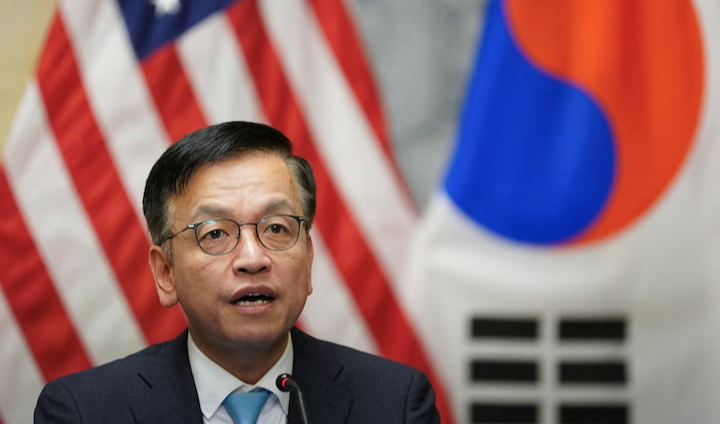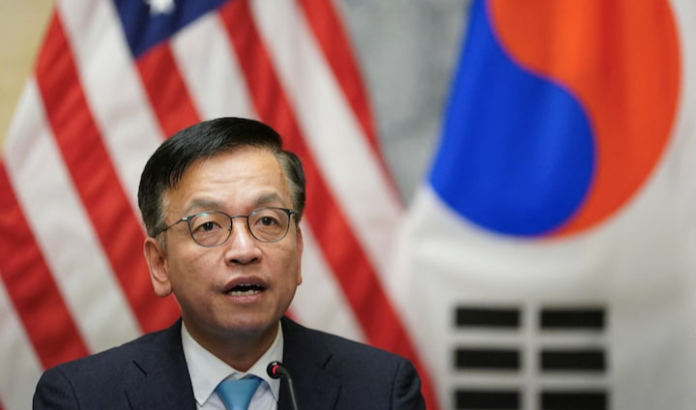In a strategic effort to elevate its position in the global artificial intelligence (AI) arena, South Korea has unveiled plans to acquire 10,000 high-performance graphics processing units (GPUs) within this year. This initiative aims to accelerate the development of the nation’s AI computing infrastructure and foster innovation across various sectors.
Acting President Choi Sang-mok emphasized the urgency of this endeavor, stating that the AI industry’s competitive landscape is rapidly evolving from corporate rivalries to comprehensive national innovation ecosystems. To navigate this shift, South Korea is mobilizing both public and private sectors to secure the necessary GPUs, ensuring the timely launch of services at its national AI computing center.
The global AI race has intensified, especially following recent regulatory measures by the U.S. government. New rules have been introduced to control the export of advanced AI chips and technologies, particularly GPUs designed for sophisticated AI applications. These regulations categorize countries into tiers, with South Korea among approximately 18 nations exempt from these restrictions, while others face limitations or complete bans.
The South Korean government is currently deliberating on the specifics of the GPU acquisition, including budget allocations, selection of GPU models, and potential private sector partners. These details are expected to be finalized by September this year. Notably, NVIDIA, a leading U.S. chip designer, dominates the global GPU market with an estimated 80% share, positioning it as a likely collaborator in this venture.
In parallel, industry leaders are exploring avenues to reduce dependence on dominant GPU suppliers. For instance, OpenAI, renowned for its ChatGPT chatbot, is advancing plans to develop proprietary AI hardware.

Collaborating with Taiwan Semiconductor Manufacturing Co., OpenAI aims to produce in-house AI chips, thereby diversifying its hardware sources and enhancing operational resilience.
South Korea’s commitment to bolstering its AI capabilities is further evidenced by its substantial financial investments. The government has earmarked approximately 4 trillion won (US$2.86 billion) for the establishment of a national AI computing center.
This facility is slated to commence initial services as early as November this year, with full-scale operations targeted by 2027. The center will be developed through a special purpose company, with the public sector holding a 51% stake and private enterprises controlling the remaining 49%.
This strategic initiative underscores South Korea’s dedication to enhancing its AI infrastructure, fostering innovation, and maintaining a competitive edge in the rapidly evolving global AI landscape.



